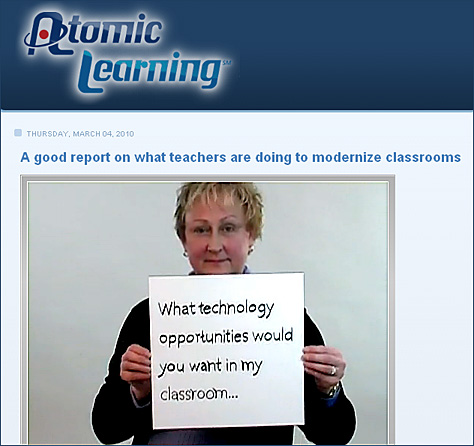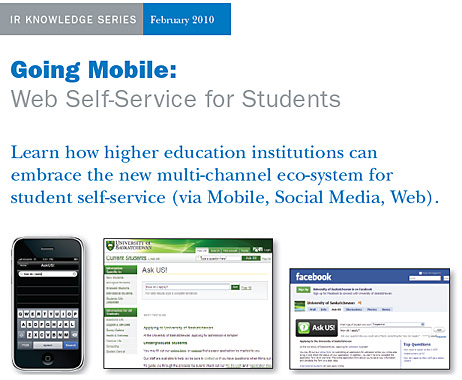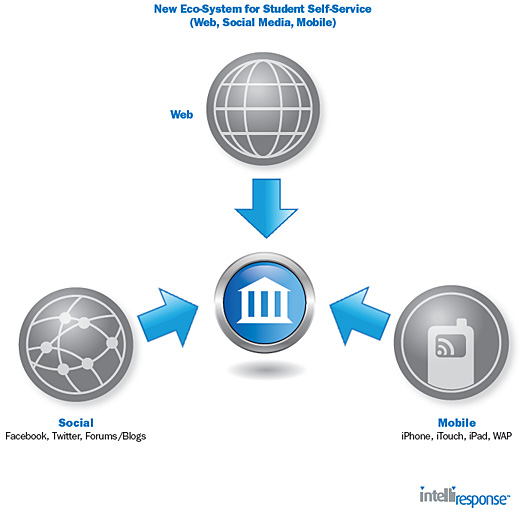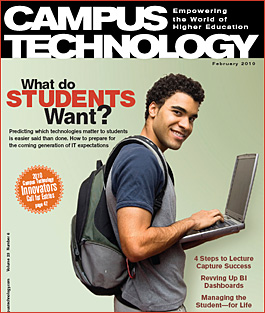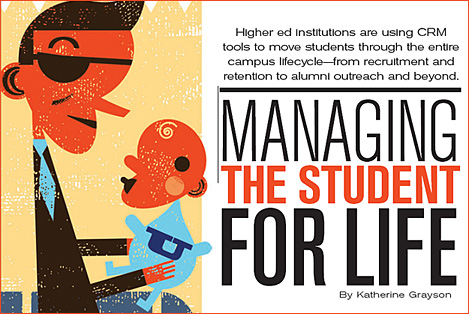The Future of Higher Education: Beyond the Campus — from iangardnergb.blogspot.com
“Lots and lots at the time being on the future of HE, especially in the UK due to the funding cuts, imminent election, etc. One of the latest reports is a joint one from JISC, SERF, EDUCAUSE and CAUDIT, showing many issues are not just affecting the UK. “
Abstract:
Higher education’s purpose is to equip students for success in life—in the workplace, in communities, and in their personal lives. While this purpose may have remained constant for centuries, the world around colleges and universities is undergoing significant change. Higher education is under pressure to meet greater expectations, whether for student numbers, educational preparation, workforce needs, or economic development. Meanwhile, the resources available are likely to decline. New models, an intense focus on the student experience, and a drive for innovation and entrepreneurism will ensure that higher education continues to meet society’s needs. Information technology supports virtually every aspect of higher education, including finances, learning, research, security, and sustainability, and IT professionals need to understand the range of problems their institutions face so they apply IT where it brings greatest value. Creating this future will require collaboration across organizational and national boundaries, bringing together the collective intelligence of people from backgrounds including education, corporations, and government.
From DSC:
Many quotes jumped off of the pages of the report, but here’s one of them:
Higher education represents a complex, adaptive system that is influenced by larger societal trends and information technology. If higher education is adaptive, what will its future be?









